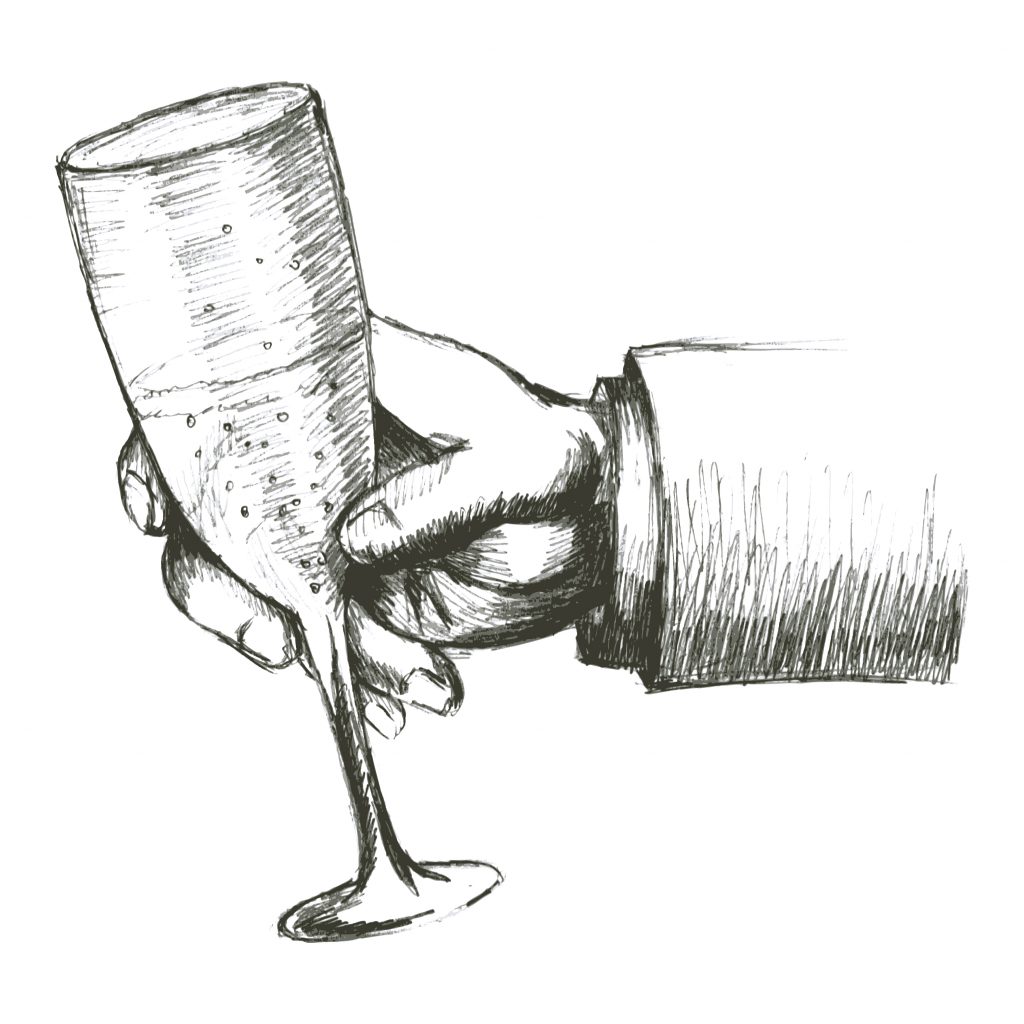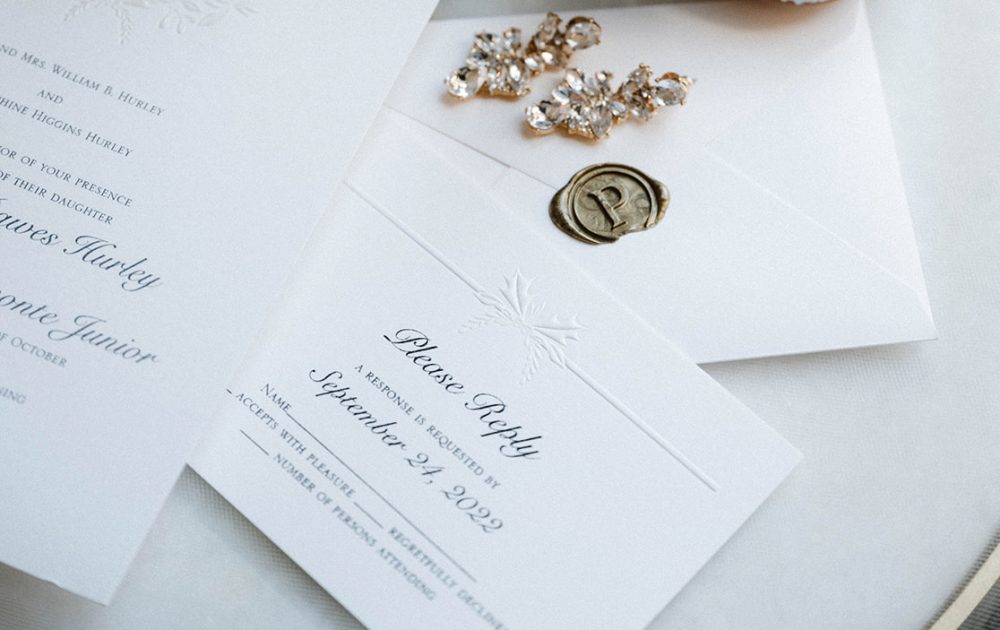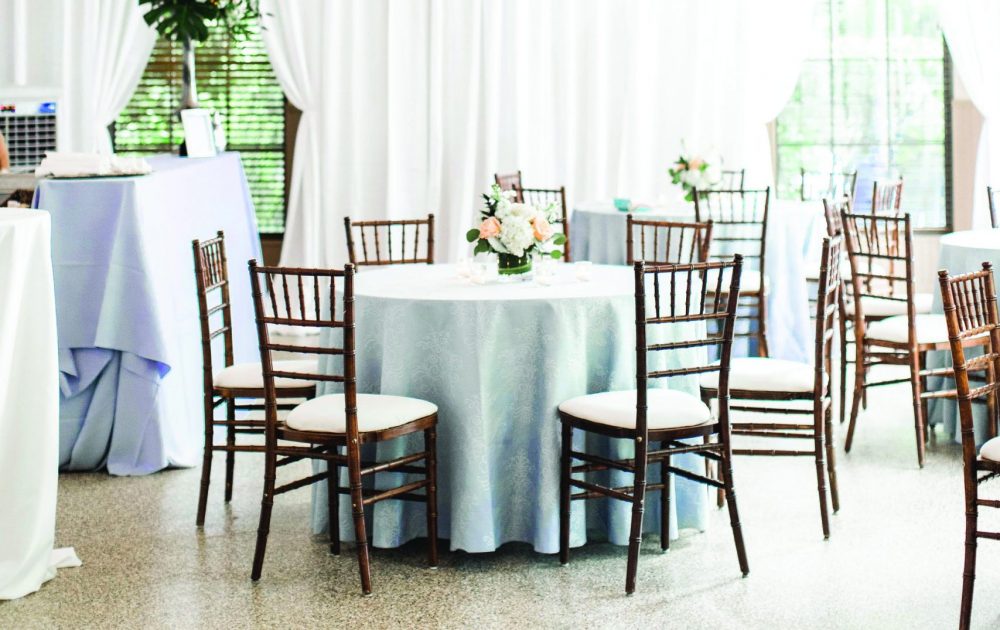
In my business, toasts are fairly common. The best man might make a toast at a rehearsal dinner or the boss may say a few words to the retiring employee. As the party planner, we see (or rather, hear) the toasts and can watch the room. I always marvel at how some toasts come together perfectly and bring the house down, either in laughter or tears. The awkward toasts, however, are the ones where I want to rescue the audience by “accidentally” disconnecting the microphone. You’ve probably been there – watching the poor toast-giver stumbling awkwardly through an inside joke, making slightly off-color comments, and basically wandering off into the linguistic wilderness.
But giving a toast should be easy and something all socially savvy people can do with some ease. We’re often asked for pointers about making toasts, so given this Taste & Toast issue, I thought it appropriate to offer some suggestions for a tasteful toast!
If you’re in a position where giving a toast is customary (i.e., the host of an event), be sure to check with the guest of honor to make sure they’d be comfortable with you making a toast in his or her honor. The host should always make the first toast, before the meal. Other toasts would begin after the dessert is served. If you are the host of an event where toasting a guest would be appropriate (birthday celebration, wedding, retirement party), then plan your toast accordingly. If you are offering the first toast of the evening, make sure to invite others to toast at the end of the meal.
Once you’ve figured out if you should make a toast, then start planning what you want to say. Planning ahead is always smarter than speaking off the cuff. Nothing kills a party faster than an unprepared guest rambling on at the microphone. Make sure your remarks are appropriate and sincere. Avoid stories that are too personal, embarrassing to the guest of honor or that reference an inside joke that other guests wouldn’t understand. Keep your comments relevant to the occasion – if the toast is at a wedding, making reference to the groom’s past dating relationship is probably not appropriate but commenting on his finding the perfect mate would be correct.
Make sure to keep your toast short and positive. A good toast is really just a few sentences. This is not a speech, but a toast. At most, the host of the event can speak for a few minutes, but not longer than three or four. Always make the toast a positive commentary on the guest of honor – this is not a “roast” but a toast. A great place to start is how you know the guest of honor and his or her personality or character attribute you most respect. For example, if I were toasting my editor, I would say, “Here’s to you, Ian, for always giving me latitude in my deadlines.”
The hardest part of a toast is often finding a way “out” of the toast. If you keep your comments short, then simply ending the toast with “Cheers” is a great way to close. Then simply raise your glass and take a sip. If there are more toasts to follow yours, you’ll need some beverage remaining in your glass to continue drinking to the guest of honor, so a sip is the right way to go.
If you’re caught off guard and simply need a quick toast, saying, “Here’s to ______” will almost always do. No need to prolong the moment when you haven’t had a chance to plan something more to say.
Looking for something to memorize so you always have a GREAT toast at the ready, then this Old Irish Blessing should do the trick:
“May the road rise up to meet you.
May the wind always be at your back.
May the sun shine warm upon your face, and the rains fall soft upon your fields.
And until we meet again,
May God hold you in the palm of His hand.”
Until next month, my friends, here’s to you!



